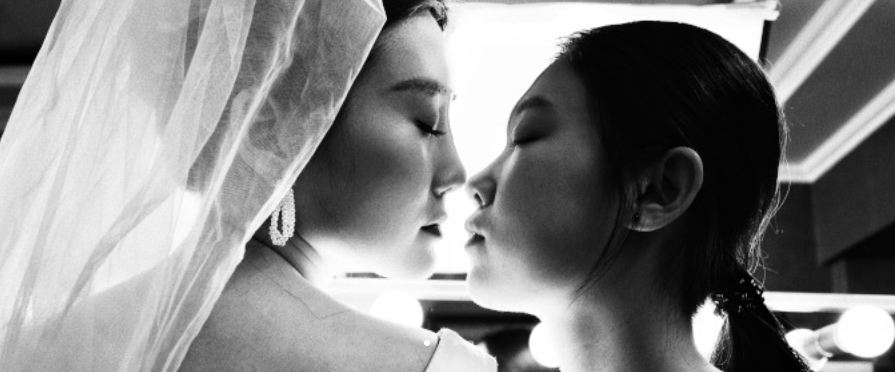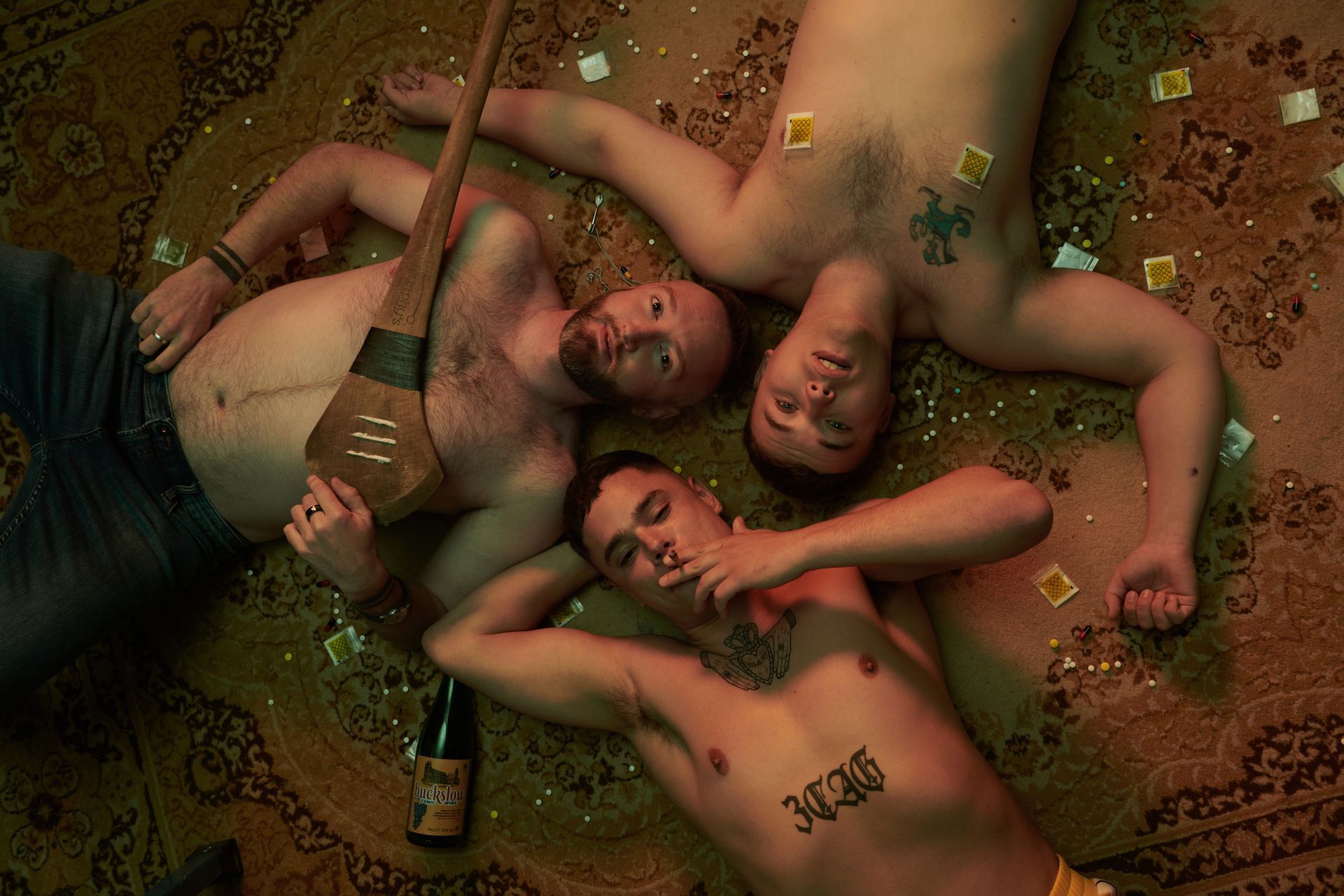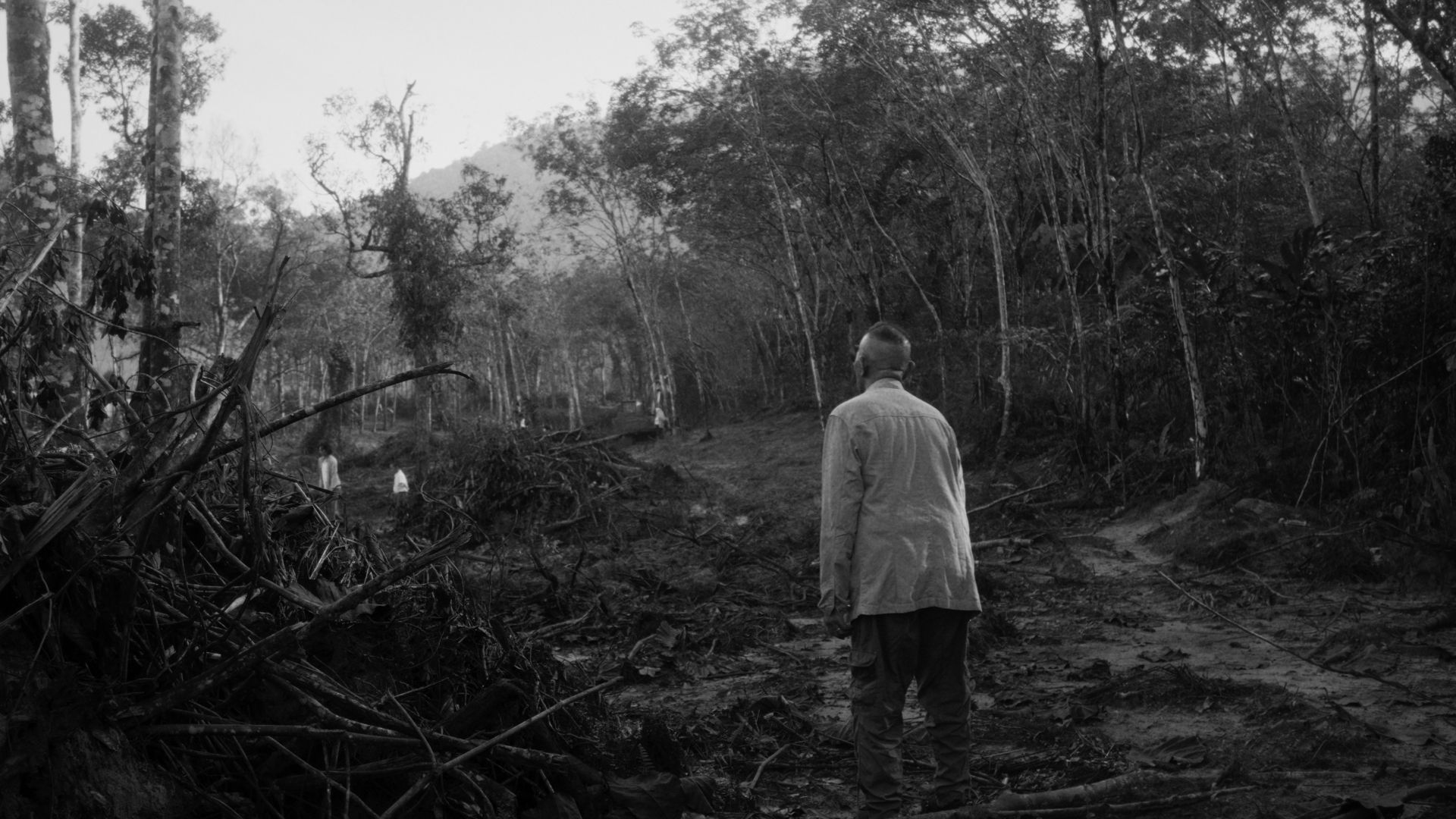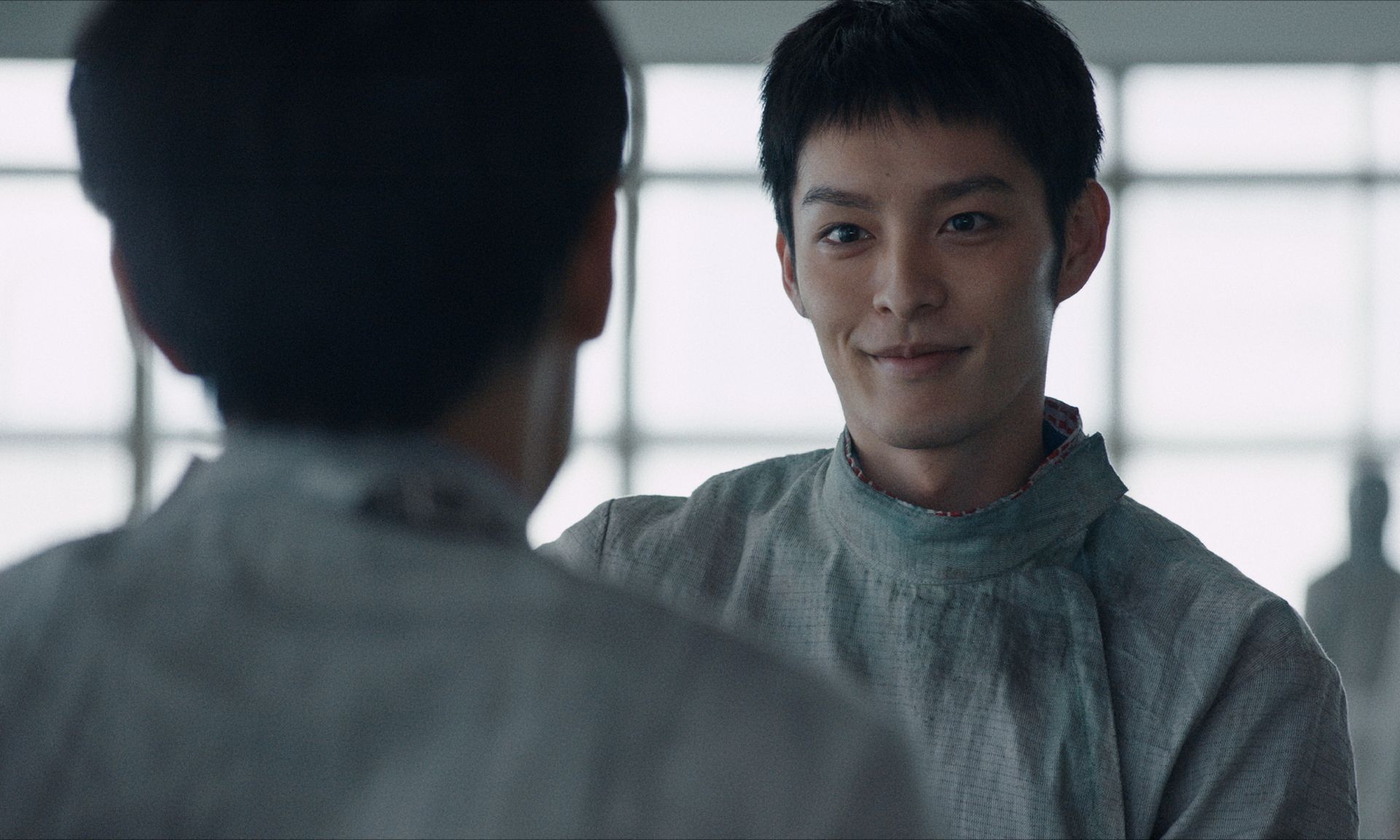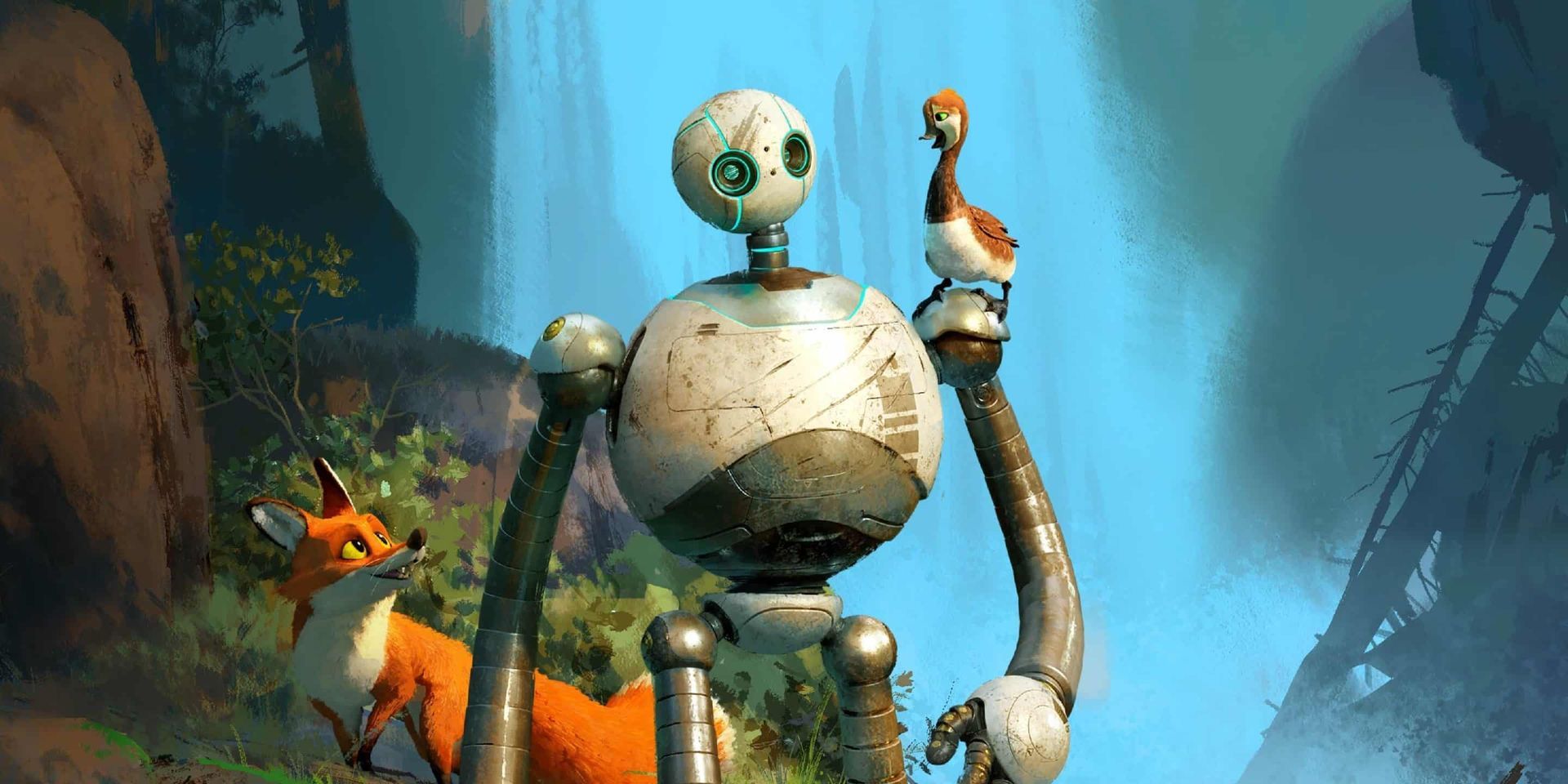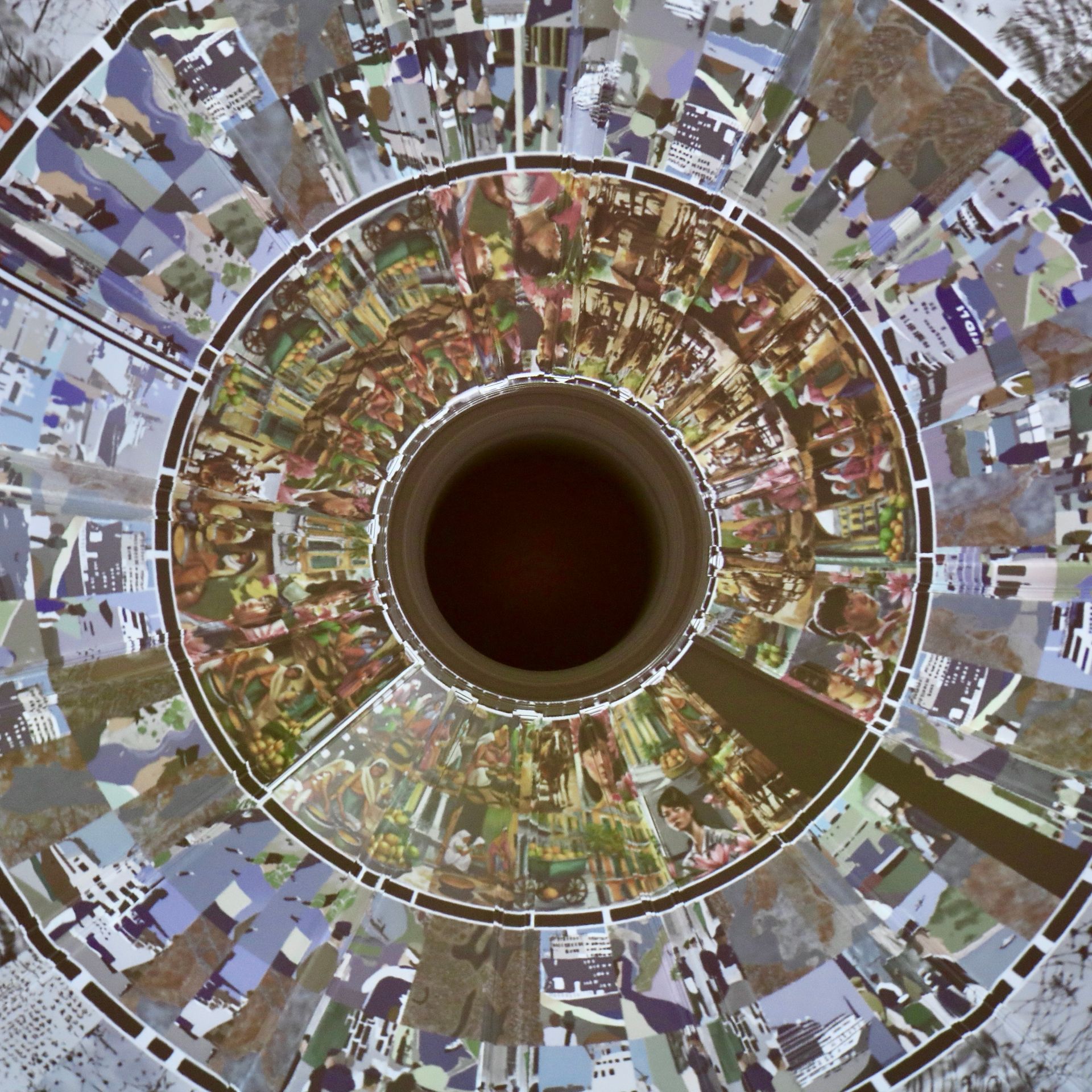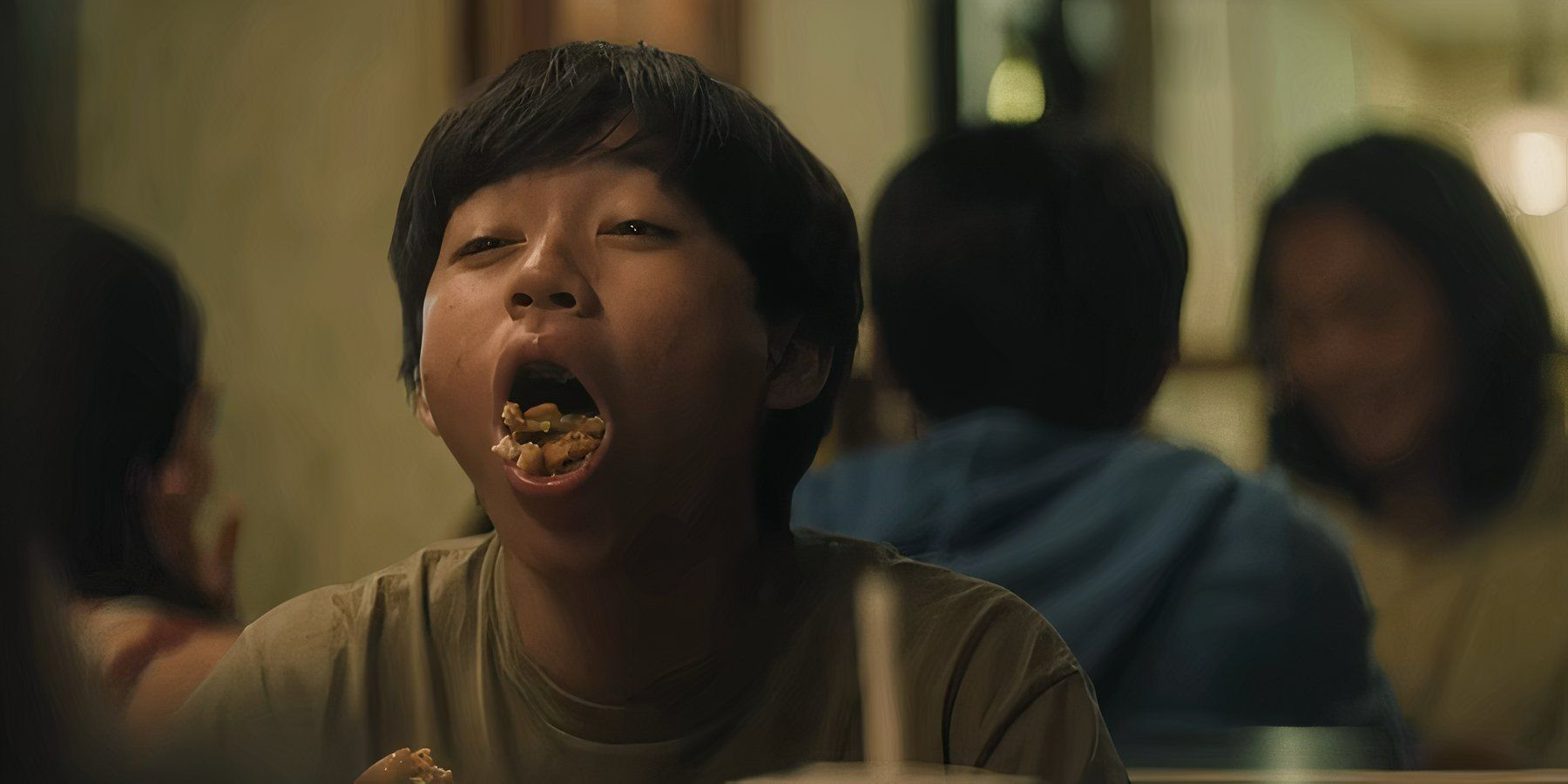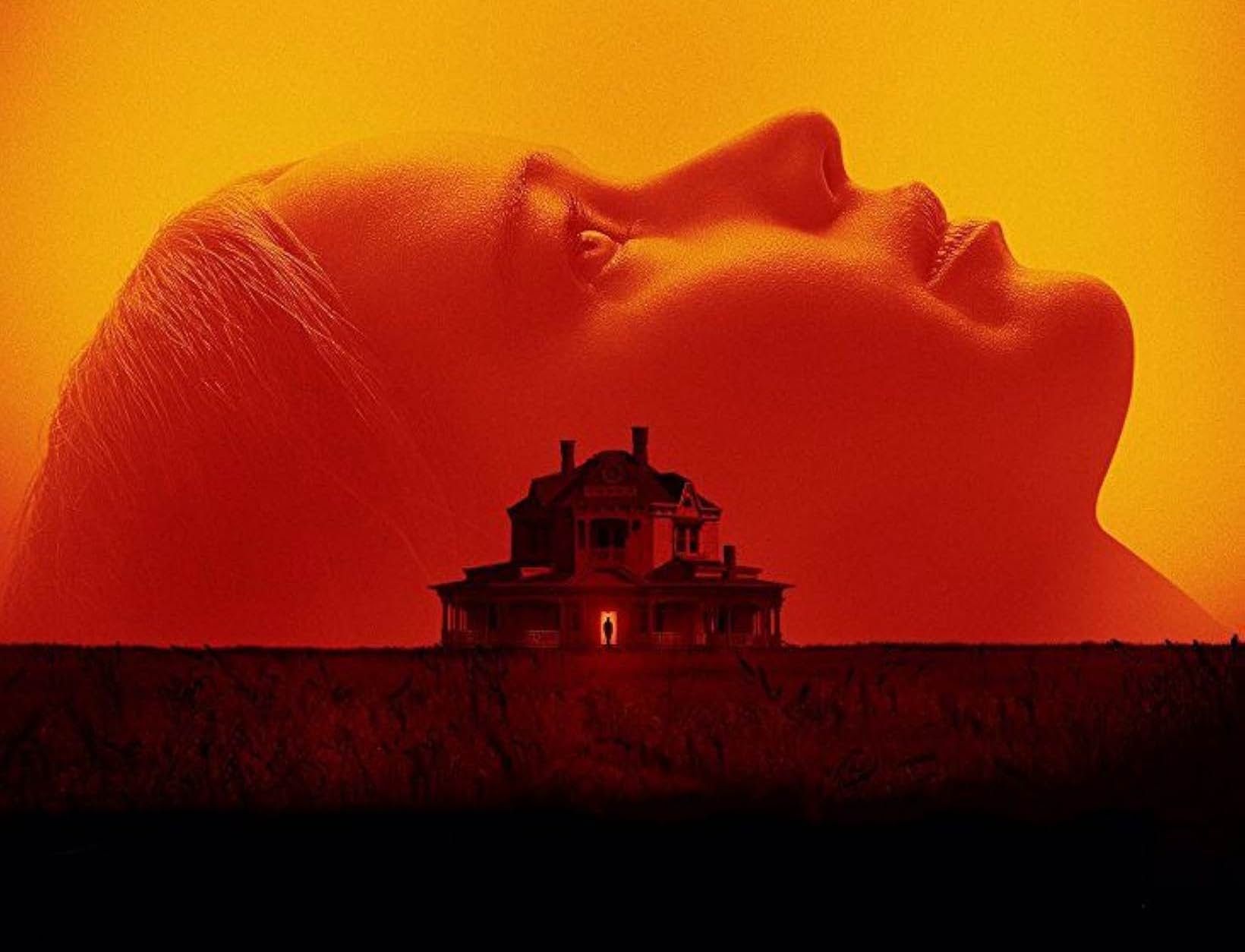Film Review #163: THE ORDINARINESS OF GRIEF - AN ANALYSIS OF CLOSE (2022)
The Ordinariness of Grief
An Analysis of
Close
(2022)
What is this force that stays from day to day, this fraughtness, no stranger to us; this quiet, torturous ordinariness, this caged absence - this grief? As I write, the inadequacies of language become increasingly glaring, almost mocking. For how do we put into words, in speech, and in writing an emotion so deep, so insanely difficult? There is a limit to semantic utterances when we grieve. We need more, another lexicon, another medium that can comfort.
Enter the moving image, its sounds and sites.
We watch and listen to the camera as it projects life’s vicissitudes on screen. The camera empathises, gives us a reality that defies parsing, language that is enough. We see ourselves, listen to our griefs as the reel rolls, articulating a sentence that we can finally understand in moving images, sound, and silence. With or without words. Cinema harbours a fascination and obsession with grief. And I am painfully grateful that it so seeks to capture the secret, innermost pains of the human heart.
***
I recently watched
Close (2022, Dir. Lukas Dhont), a coming-of-age film, that tells the story of two thirteen year old boys, Leo (Eden Dambrine) and Rémi (Gustav De Waele), who share an especial friendship, at once intimate, intense, and tender. Ensconced in the safe, warm world of each other’s company, the two boys spend their afternoons running around the flower farm owned by Leo’s parents, and nights sleeping next to each other on Rémi’s bed.

Rémi and Leo, on Rémi’s bed. (Image Credit:
IMDb)

Rémi and Leo running around the flower farm. (Image Credit:
IMDb)
But bliss is usually brief, and the world, as always, gets in the way. Leo and Rémi find themselves in a new school, surrounded by new friends. Their closeness is interrupted, scrutinised by their teenage peers who express a curiosity about their sexuality. Leo gets uncomfortable, defensive, and explains that he and Rémi only “close” like brothers. Rémi however is unperturbed by the questions and comments, and continues to hang around Leo.
Social pressure mounts. The days pass with Leo becoming increasingly aloof. No longer are sleepovers at Rémi’s a given; no longer do they hang out together in school. So stark is the change in their relationship that it leaves Rémi grieved and hurt, the ever-widening distance between them the elephant in the room. Unable to say the words - and perhaps there are none - the tension culminates in two brawls. Punches, a few jabs in the ribs. Because that is how boys fight. Leo knows the reason for Rémi’s anguish but chooses to let sleeping dogs lie. No words are left spoken, the fights ending in unresolved silence.
One day, Rémi fails to turn up for a school excursion. Though mildly concerned, Leo does not pursue the matter and goes ahead with the trip. When the students arrive back at school, there is news that Rémi has passed away. Things fall apart for Leo and Rémi’s family, leaving Rémi’s parents searching for answers, and Leo in the terrible wake of an answer he only knows to be too true - that Rémi ended his life when he left.
All that remains now is grief, and the days ahead.
***
Life after Rémi is unremarkable. The days pass without event. An ordinariness settles, the daily rhythm of life predictable, same; a routine that gains a sort of sanctity for Leo.
School. Ice hockey. Picking flowers. Sleep. And again.
The film bears down on the everyday-ness with a montage of repetitive scenes. Same activities. Different days. Fall turns to winter turns to spring turns to summer. Work and rest. Sport and leisure. Routine covers over the cracks, reminds those Rémi left behind that life, and whatever that remains of it, goes on. As sure as the day sinks into night, as sure as the seasons change.
Leo does not talk about Rémi, as though Rémi never happened. As he skates in the rink, slams into walls, the blades of his hockey skates slicing the ice - the sheer repetitiveness of his training sessions - we wonder if he has moved on, gotten over Rémi. When he sleeps over at a classmate’s house, we wonder if Leo is at the cusp of a new affection. But then, nothing.
A brief visit from Sophie (Émilie Dequenne), Rémi’s mother at the ice hockey rink, and a meal at Rémi’s house threaten to interrupt the routine that both families have seemingly established for themselves. We expect there to be confessions, some conversation about how each family has been coping. But there is little. Leo and Sophie do not talk, words at the brink of utterance, eventually swallowed. Peter (Kevin Janssens), Rémi’s father, breaks down at the dinner table. And then, all is silent.
Routine, a balm for the living, for those left behind, must be maintained, the slightest upsetting of its predictability quickly averted. The film preserves this thin, flimsy maintenance through its cyclical, cadenced sequence of shots:
School. Ice hockey. Picking flowers. Sleep. And again.
Such safety shielding everyone from the confrontations of Rémi’s death. Such ordinariness covering over the pangs of grief, not yet laid bare in the open. So much grieving in ordinariness. So much ordinariness in grief.
And yet, so much pain from the depths of the punished heart, on the tip of the tongue, on the verge of spilling onto the fabric of the quotidian.
All this grief, its weight, cannot assume a lightness of being for long. The seams of ordinariness snap - in the form of a broken bone. During one of his ice hockey sessions, Leo falls and fractures his arm. The routine is again disrupted, this time like a long-held breath, at last exhaled.
The film reaches its apogee in this scene, a catharsis that is at once liberating and heart wrenching, so emotionally-charged that it forces us to stand back, hold our breaths, not out of excitement, but respect, and compassion for Leo, for his pain, and for our own private woundedness.
As the doctor treats Leo’s arm, Leo begins to weep, finally, for the first time. A gentle explosion, its flares falling, warm with a love that is only possible with regret and guilt. The camera maintains a stillness that refrains from capturing his vulnerability with the tightness of an extreme close up, but from a distance that is intimate and sensitive, giving Leo enough time - for he cries for a long time - and space to nurse his fractured heart, his pain, bone deep.
This is a long take, the boy in the middle of the frame sitting against the window, his arm bent awkwardly as he weeps for Rémi, weeps away the hours after Rémi, for a tragedy that would mark his adolescence, that has irrevocably and prematurely thrust upon him the long penumbra of adulthood. The doctor, well-intentioned but unknowing, soothes Leo, tells him that broken bones are a nasty, painful thing. Leo does not respond but continues to cry, his tears forming a wordless sentence. And we listen to his sobs filling the room, heavy with sadness. The sound and taste of grief - salt, between broken breaths.
Outside the window, it is just another ordinary afternoon, bright and green. Inside the doctor’s office, a boy mourns his loss and love of an irreplaceable friend, a kinship that touched, for a moment, the sweetness of eternity. Inside, a boy emerges from the silence of his grief, grows up, ready to confront it, first by breaking his routine, the band aid of ordinariness.
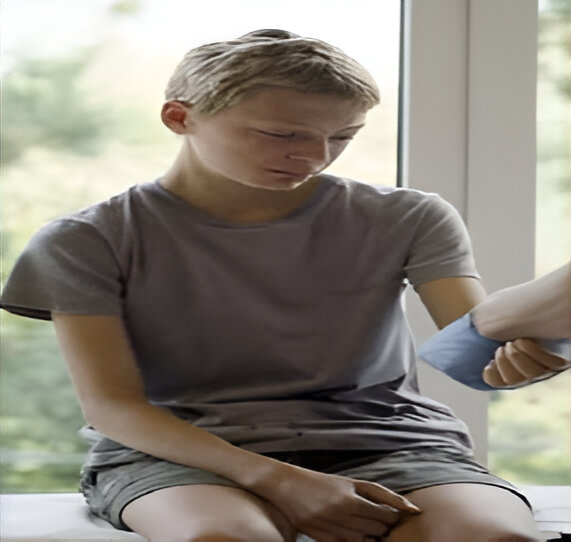
Leo crying at the doctor’s office.
Screenshot taken from YouTube
He turns up one day, unexpectedly, at the hospital Sophie works at. She is cradling a baby, as she does everyday as a nurse in the neonatal ward. The distance between them separated cinematically by the walls of the ward, fraught, awkward, though not without a hint of surprise and gratitude on Sophie’s part. Both woman and boy are aware of how unspoken words now contour their relationship, both anticipating answers and questions from each other.
Sophie tells Leo to wait for her as she ends her work day. They get into her car where Leo finally reveals the reason for Rémi’s suicide - that it was because of him. She chases him out of the car, and Leo, understanding her rage, leaves at once and runs towards the forest. Shortly after, she runs after him. Leo, initially assuming that she would hit him, holds up a stick sobbing in self-defense. But Sophie opens her arms and cradles him, the two of them embracing in their brokenness, Rémi’s death and life finally acknowledged, in a long, sad hug, where words are sparse and unsaid. Sophie and Leo, their relationship forever changed by the violent passing of son and friend, their lives now transformed by Leo’s confession, only because of the deliberate fracturing of their routines. They are now closer than ever, sutured by their understanding of Rémi’s absence, his memory; by the shadow of their mutual loss, their shared love for Rémi, and for each other.
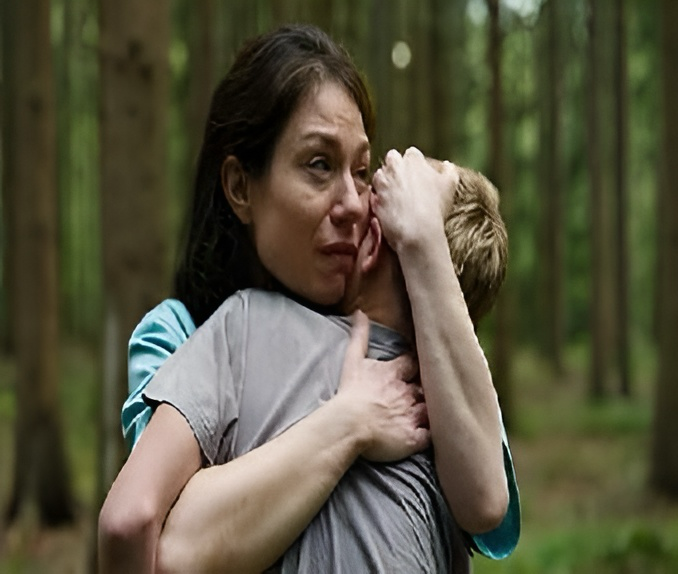
Sophie and Leo hugging. (Image Credit: IMDb)
***
It would seem like the film concerns itself mainly with Leo’s coming into his own, his rite of passage through the jaws of Rémi’s death. To my mind however,
Close is a meditation on grief and sentimentality carefully and graciously muted by the cinematography and sounds of normalcy; its repetitive, continuous cuts revealing the brittleness of routine, the unbearable process of trying to move on in the aftermath of devastation, and how close one can be to crumbling under the weight of great loss and great love - until the veil of ordinariness is lifted.
---------------------
About the author: Yiwei is a Senior Lecturer at the College of Interdisciplinary and Experiential Learning, Singapore University of Social Sciences.

